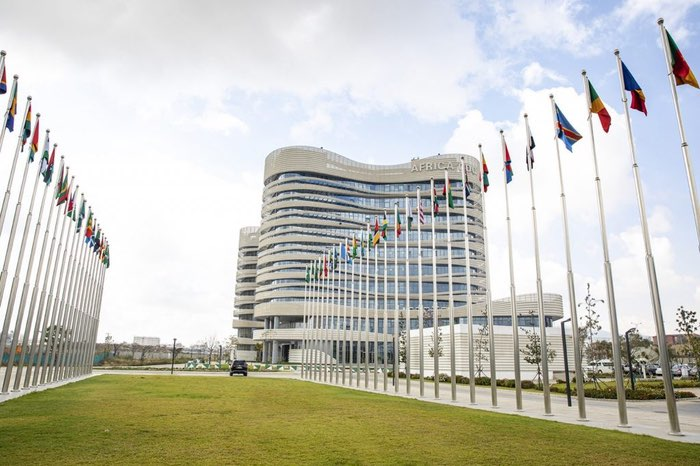
The Africa Centres for Disease Control and Prevention (Africa CDC) has formally urged the United States Department of Health and Human Services (HHS) and the U.S. Centers for Disease Control and Prevention (US CDC) to reassess and lift the Level 3 travel advisory (“Reconsider Travel”) issued for Rwanda on October 7, 2024, due to the Marburg Virus Disease (MVD) outbreak.
In a letter addressed to Hon. Xavier Becerra, Secretary of Health and Human Services, and Dr. Mandy Cohen, Director of the US CDC, Africa CDC Director General, H.E. Dr. Jean Kaseya, highlighted Rwanda’s significant progress in containing and managing the outbreak.
As of November 17, it has been 18 days since the nation reported its last Marburg Virus Disease (MVD) case. All previously infected patients have been successfully discharged and rigorous monitoring and community follow-up systems are now in place. Additionally, 100% of contact of cases were follow ups and all contacts cases have completed the required monitoring period.
Rwanda’s success is credited to the swift and coordinated efforts led by its Ministry of Health, in collaboration with Africa CDC, the World Health Organization (WHO), and international partners. Key measures implemented include:
1. Enhanced nationwide surveillance systems for early case detection.
2. Innovative approaches to contact tracing and isolating cases.
3. Expansion and upgrading of treatment facilities to meet global standards.
4. Comprehensive awareness campaigns to educate the public on prevention
On September 27, Rwanda declared the presence of Marburg virus disease. Since then, the country has worked tirelessly to contain the virus and prevent it’s spread both within Rwanda and across Africa.
During the Africa CDC weekly media briefing, Dr. Sabin Nsanzimana, Rwanda Minister of Health stated. “More than a month without a death from Marburg is indicative of the sound progress we have made, but the country remains vigilant.”
Surveillance in Rwanda has been extended to include fruit bats, the source of the index case, and all caves in the country are being monitored.
Based on the current data, the MVD index case originated from a single spillover of zoonotic transmission. Of the 66 reported cases, Rwanda has recorded 51 recoveries. Efforts are ongoing to follow up on survivors and monitor those who recovered from this virus.
Dr Nsanzimana added, “The case fatality rate for those who did not make it has been maintained at 22.7%, which is relatively lower compared to previous outbreaks in the region. The deployment of new tools, therapeutics and vaccines has contributed significantly to these outcomes.”
Recent evaluations by Africa CDC and WHO acknowledge Rwanda’s progress. They confirm that the risk of further MVD transmission is low, with no reported cases outside Rwanda or in the United States.
The travel advisory has had a substantial impact on Rwanda’s tourism and business sectors both of which are critical to its economy. Africa CDC has urged the U.S. HHS and CDC to assess the situation on the ground, in collaboration with international health agencies, and update the travel advisory to reflect the current epidemiological context.
Dr. Kaseya emphasized that revising the advisory “would recognise Rwanda’s public health achievements while supporting its economic recovery.” He reaffirmed the strong partnership between Africa CDC and the United States in advancing global health security.
Africa CDC remains committed to safeguarding public health across the continent and collaborating with global partners to ensure health security.
The Africa Centres for Disease Control and Prevention (Africa CDC) is a public health agency of the African Union. It is autonomous and supports member states in strengthening health systems. It also helps improve disease surveillance, emergency response, and disease control. (End)
